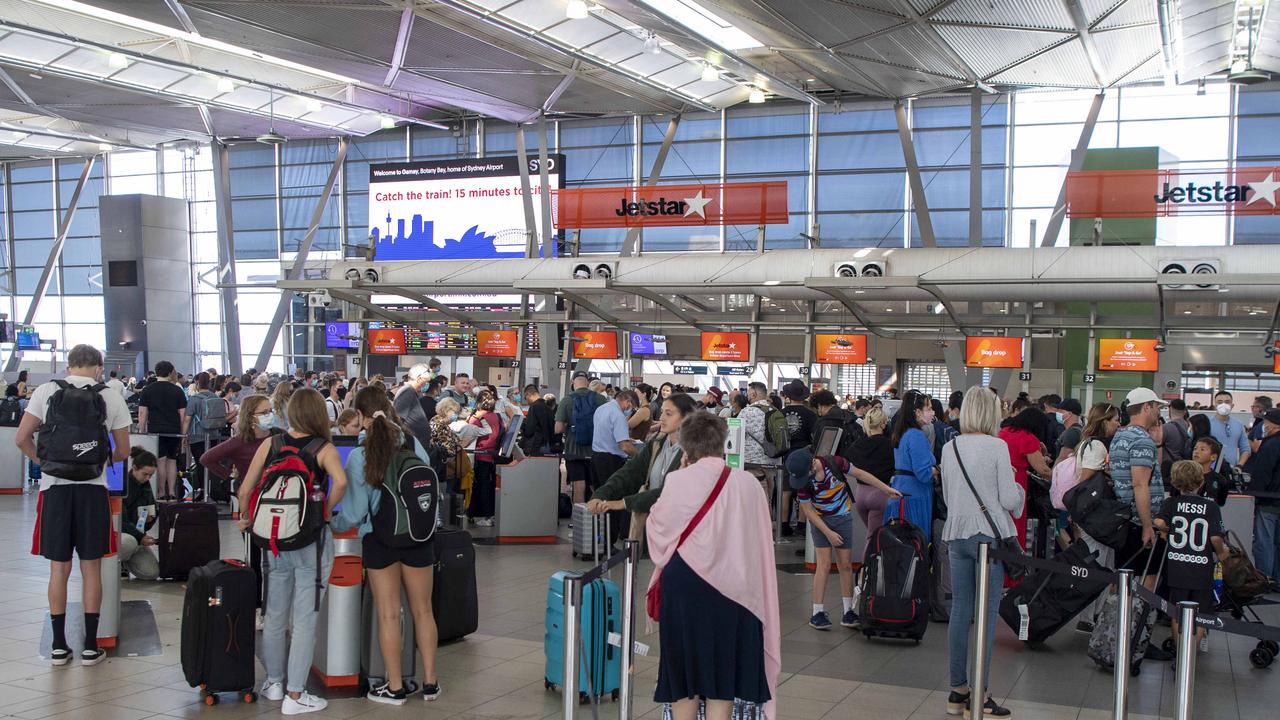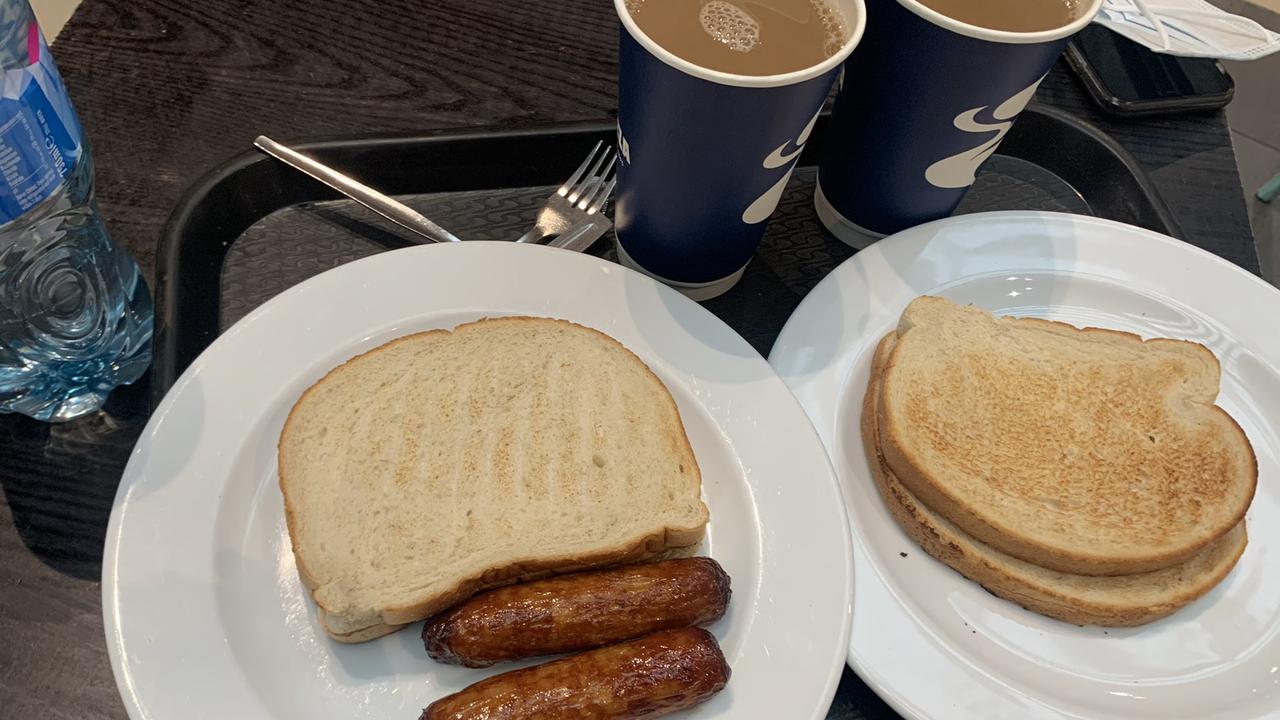New Zealand pushes back plans to reopen its international border
The rising threat of the Omicron Covid variant has led the New Zealand government to change its border reopening timeline.
Travel News
Don't miss out on the headlines from Travel News. Followed categories will be added to My News.
The New Zealand government has announced a suite of changes to bolster the nation’s defences against the Omicron variant of Covid-19 – including shortening the booster shot gap, rolling out the Pfizer vaccine for young people from January and pushing back changes to the country’s border rules until the end of February.
The changes just announced by Covid Response Minister Chris Hipkins include:
• The interval between the second dose and the booster shot reduced from 6 months to 4 months – over 82 per cent of vaccinated Kiwis will be eligible for a booster by the end of February 2022
• Eligible border and health workers required to get a booster dose
• Pre-departure test requirement to enter NZ reduced from 72 hours to 48 hours before travel
• Phased border reopening pushed out to the end of February
• Roll out of paediatric doses of Pfizer for 5-11s. Rollout to start from 17 January prior to school returning in 2022
• Temporary change to MIQ – length of stay increased to 10 days for all travellers, with no self-isolation component
• Everyone on an international flight with a positive case to be treated as a close contact
• All countries removed from Very High-Risk country list
• Cabinet confirms use of traffic light system to manage future outbreaks and in the event of Omicron community cases areas will move into the red traffic light setting
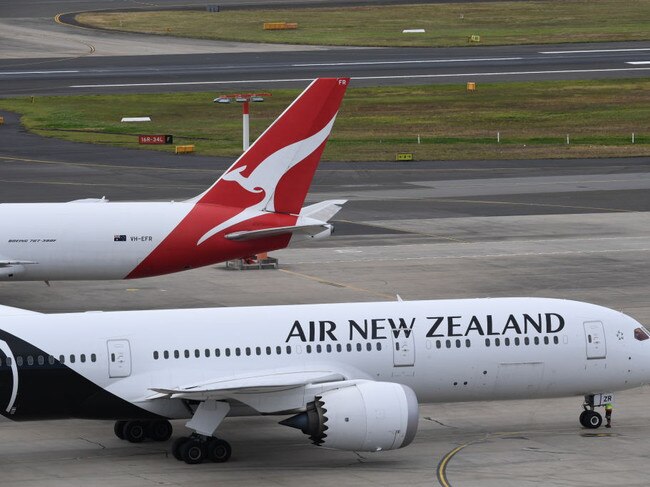
“All of the evidence so far points to Omicron being the most transmissible Covid-19 variant yet and public health advice suggests that soon, every case that comes into MIQ will be Omicron,” Mr Hipkins said.
“But experts still don‘t know how severe it is. So while it’s sweeping the globe at a bewildering speed and appears to be the dominant variant, how sick it makes people and the impact it has on health systems is not yet fully understood.”
Cabinet has pushed back the date from January 17 to the end of February for the reopening of the border.
Mr Hipkins said that with New South Wales now expected to record 25,000 cases a day by end of next month, it was too high risk to open the border in mid-January as planned.
NSW today confirmed 3057 new coronavirus infections – the highest daily number of cases for the state and for Australia throughout the pandemic.
For Kiwis trying to get home, the uncertainty about MIQ has been very difficult to deal with, Grounded Kiwis spokeswoman Alexandra Birt told Newstalk ZB.
She said for people in places like Australia, many had been waiting for months.
“Some of them are in very dire situations and have been holding out for this date, the 17th of January, when they can finally get home. So for those people it is extremely distressing just kind of waiting to see what‘s going to happen.”
Mr Hipkins said the government had tried to provide certainty and he was “sorry” not to meet that January 17 deadline. Covid continued to throw up more challenges for the government, he said.
Countries that had reopened were now imposing new restrictions, Mr Hipkins said. Certainty had been a “rare commodity” during the pandemic.
For those who had booked flights from Australia to come home from January 16, Mr Hipkins said they would work closely with airlines and MIQ about a new release date. They would make sure that people in Australia could get access to that.
Those who had a critical need to get back could still apply for it, he said. In the most recent lobby release, there were 500 rooms not taken so demand had slowed.
Mr Hipkins said the government‘s plan was to prepare by speeding up boosters and strengthening border defences to keep Omicron out of the community for as long as possible.
“We start our response to Omicron with a number of advantages on our side,” he said. “We have over 90 per cent and rising of the population fully vaccinated, we still have our border protections and MIQ in place, school has finished for the year and we are heading into summer when we are outdoors more.
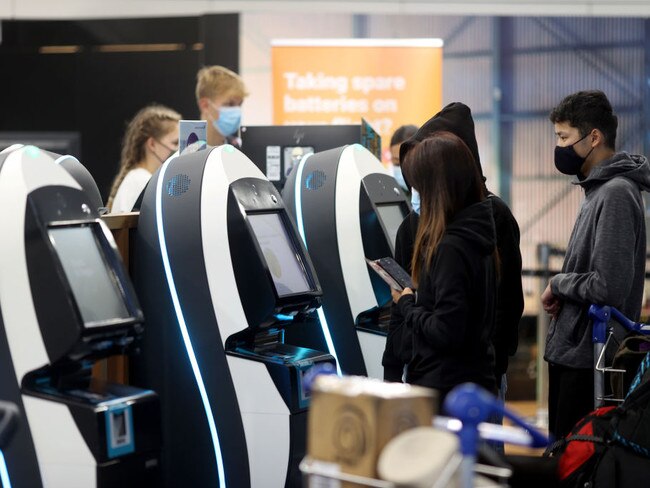
“But we need to do more. Parts of the world are going back into lockdown and experiencing major disruption, and with these extra steps we aim to keep Omicron at bay to ensure New Zealanders get the break they deserve and businesses can remain open.”
Cabinet has confirmed that the vaccination rollout will begin on January 17 for children aged 5-11, Mr Hipkins said.
The government would not make vaccination mandatory for children, Mr Hipkins said, but he emphasised that children‘s vaccine programs had been safely rolled out across the globe. Mr Hipkins ruled out bringing young people into the vaccine pass framework.
The rollout for young people will be done in schools but not every school. In smaller communities, like Northland, schools will be the centre of the community, he said.
Dr de Lore said the Maori paediatricians he worked with welcomed the availability of the vaccine to young Kiwis.
The rollout will involve whanau where parents and caregivers will receive reliable information from people they can trust, he said. It will be delivered in partnership with Iwi and Maori health providers, who had already shown that they can deliver programs in their own communities.
Booster vaccinations significantly lift a person‘s immunity, Mr Hipkins said. The advice from the technical advisory group was that shortening the gap was advisable and that booster shots would provide better protection against the Omicron variant. Cabinet agreed to reduce from six to four months.
People can book in for their booster shots from late January. Those who are harder to reach, including Maori, will be able to get their booster before winter hits, he said.
Around 3 million New Zealanders will be due for their booster by the end of February, and by then the country should be better protected from Omicron, Mr Hipkins said.
Chief science advisor Dr Ian Town from the Ministry of Health said in light of the Omicron experience overseas, the interval between the second shot and booster would be shortened so people could get it before winter. Priority will be given to those at risk of exposure – those aged 65 or over and those with pre-existing conditions.
Front line border and health workers are also a priority, particularly with cases in MIQ recently of Omicron. As of today, 55 per cent of border workers have already had a booster shot.
The Maori population has accounted for a high number of Covid-19 infections, so the booster shot was the best way to protect them, Dr Town said.
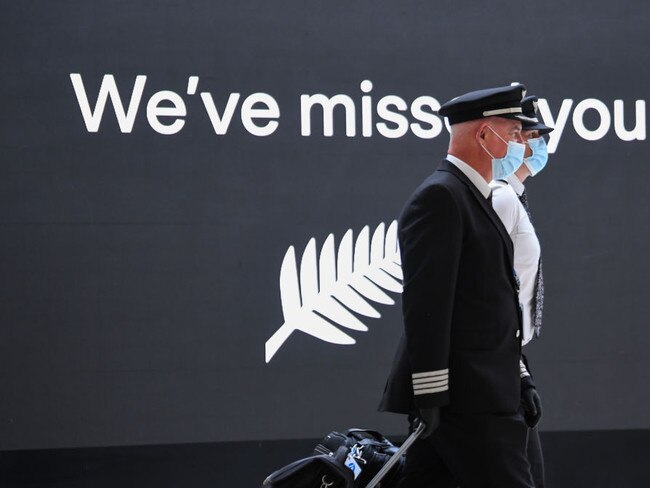
Mr Hipkins said there will be enough boosters for everyone. Given the experience in the rollout thus far, there needed to be a stronger focus on people in remote communities.
People who have been fully vaccinated can still contract Covid and get sick, Mr Hipkins said, and that‘s why booster shots were “all the more important” to reduce the risk of severe illness.
This article originally appeared in the NZ Herald and was reproduced with permission
Originally published as New Zealand pushes back plans to reopen its international border



